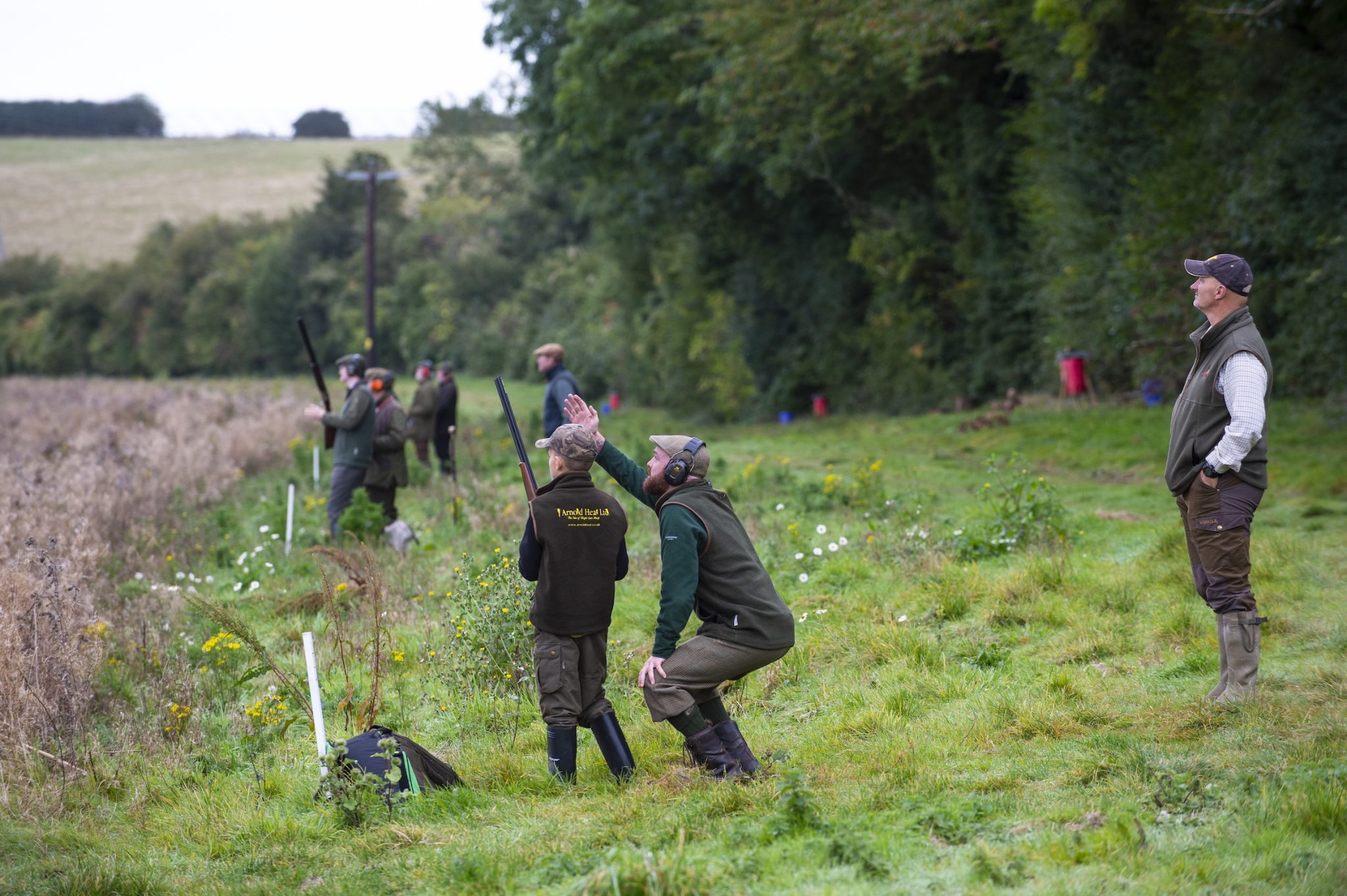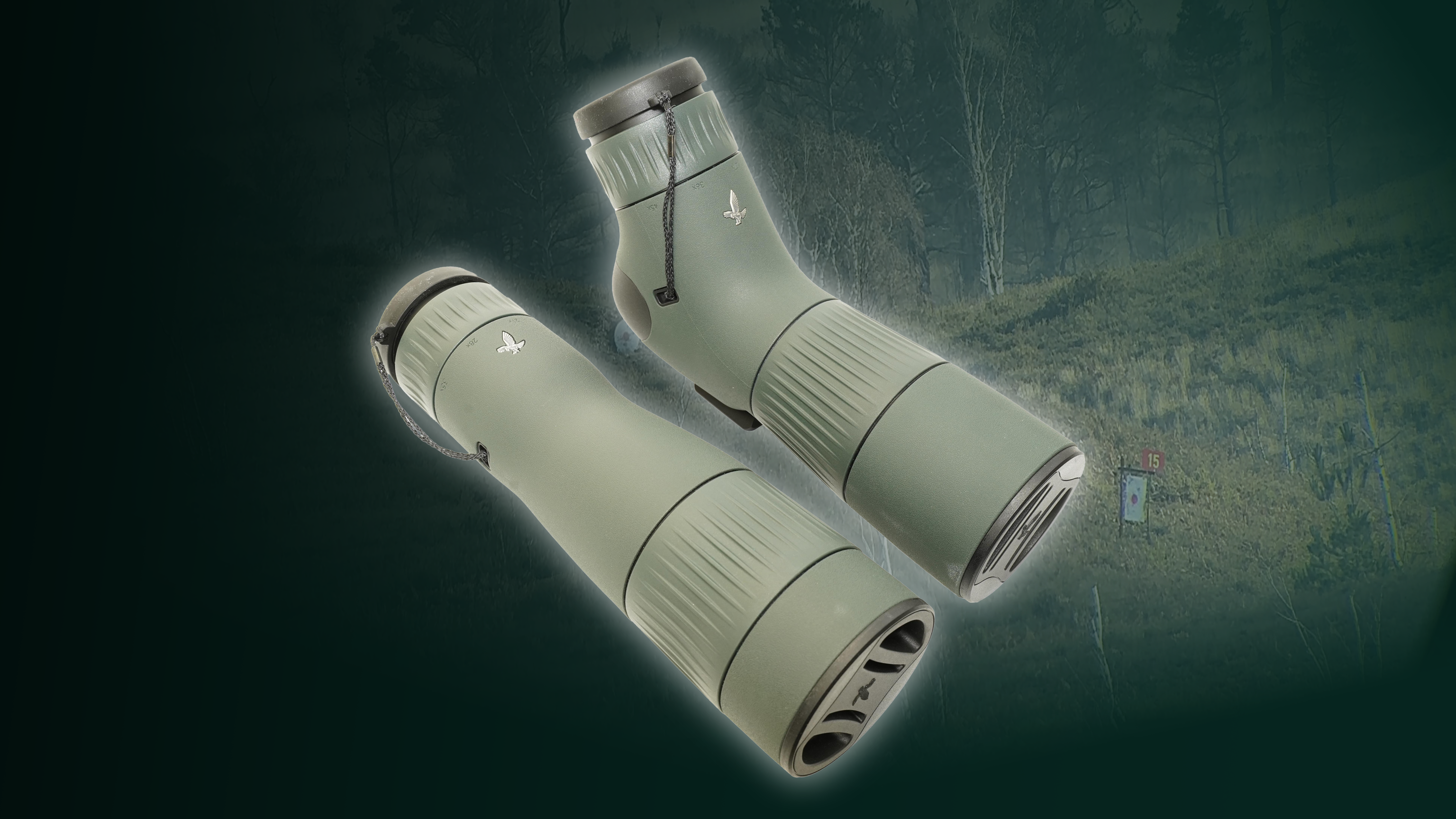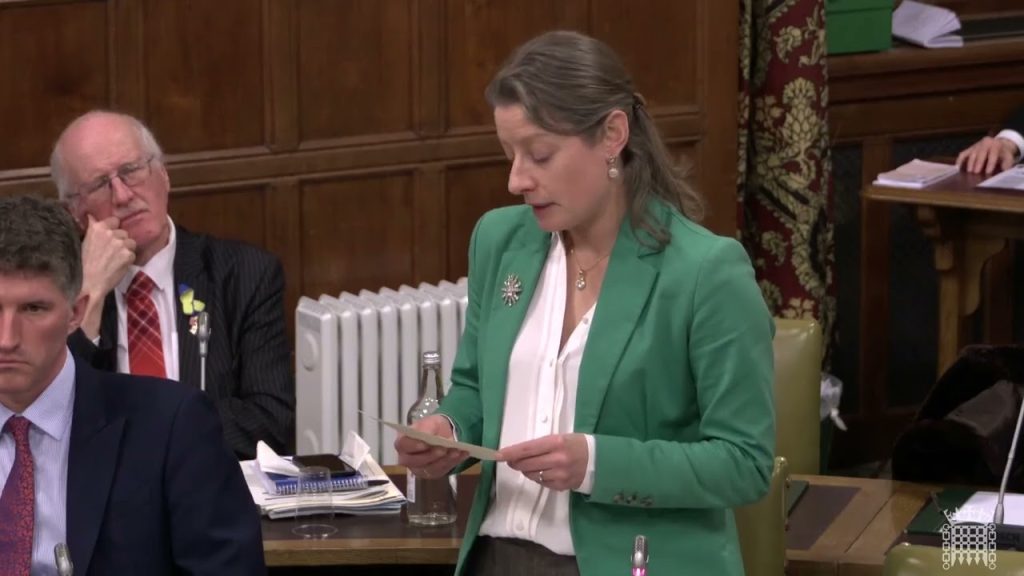The countdown is on for The British Shooting Show – book tickets online today and save on gate price!
How to sell your game without going through a game dealer
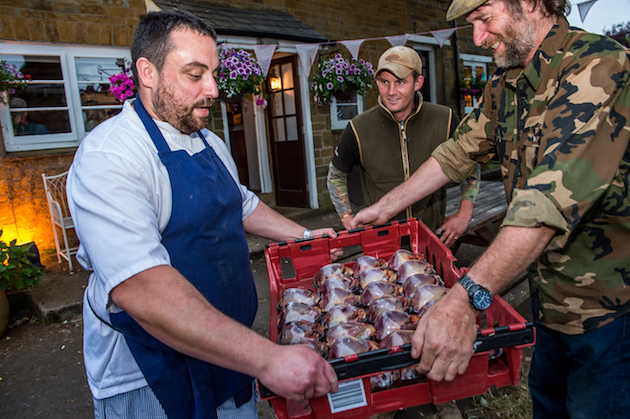 The pigeons go straigh to the pub
Usd 27 june 17 pigeon shooting
Usd 20 sept 17 Q&A
Usd SG feb 2018 geoff
The pigeons go straigh to the pub
Usd 27 june 17 pigeon shooting
Usd 20 sept 17 Q&A
Usd SG feb 2018 geoff
Last year the game market was one of the best to date for game dealers selling into home and international markets. Across the south of England the three main dealers were reporting that they were short of pheasants.
The economics of the game market are complex but game dealers, despite being short of game, were still mostly unable to pay to buy birds from the shoots.
It costs around 94p to produce an oven-ready pheasant and a sell point to market of around £1.09. If the game dealer were to pay 10p per bird, they would be unable to make a profit, so why don’t they sell the bird for more? The market simply won’t tolerate it, the sell point is what it is. That means game dealers are going to be unable to pay for game for a year or two yet.
Maximise the return from your game
So what if your shoot wants to maximise the return from your game — what are your options other than sending them to a game dealer?
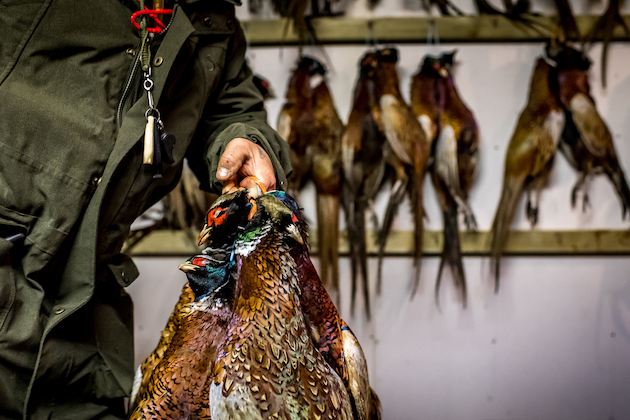
The first thing that your shoot needs to do if you want to sell any shot game — be it in the fur or feather — is register with your local council as a primary food producer.
Self-processing rules
Many shoots have started self-processing this season, which adds value to their game and can open up new markets. But we must all remain within the law when processing our own shot game. Stephen Crouch from the Game Dealers’ Association says: “We will actively encourage shoots to process their game and get it into small local outlets or sell it through their own estate office. It will mean that more people will have access to game, which is a good thing.
“The main concern the game dealers have is that shoots don’t follow the correct procedure, which isn’t that difficult; there are many people out there who can help them get it right. Speak to Alan Barrell at the National Gamekeepers’ Organisation and your local council as a starting point but please stay within the law.”
- The first thing that your shoot needs to do if you want to sell any shot game — be it in the fur or feather — is register with your local council as a primary food producer. Even if you don’t have a chiller and your birds go directly to a game dealer, you must register. This is easy to do and your council’s environmental health department will have the relevant paperwork on its website. In most cases you won’t even get an inspection.
- One member of the shoot who is there on the day must have a valid game meat hygiene certificate. This has been a legal requirement since 2006. Most full-time gamekeepers already have this certificate. If you have the Deer Stalking Certificate Level 1 (DSC1), it comes with the game meat hygiene certificate but that only allows you to sell large game — such as deer and wild boar — into the food chain. You will need to take an additional course for small game — rabbits, pigeons and game birds.
- Processing your own game is really rewarding. When you have local customers who keep coming back for more, it can unite the village to the shoot and you might find you have many more locals on your side. But you will need to meet other requirements such as the general hygiene standards.
- You must have a suitable larder, keep it clean, cool the game properly and adhere to the hazard analysis and critical control points (HACCP).
- When you are speaking to your local council, explain fully what you intend to do. They will be helpful and you may be surprised that you don’t need to invest heavily in your premises as long as they are already to a standard. One shoot I know of has had approval to use the commercial kitchen when it is not being used for cooking to process the shot birds.
- When speaking to the council, the easiest way to get approval seems to be to register as a farm shop. This allows you to process foodstuffs that have been grown or produced on your property or farms close by. It also allows you to sell directly to the final consumer as well as local businesses such as shops, pubs and restaurants.
- The key to self-processing is to have a quality product that you have looked after through every stage of the production process. That includes keeping to the law and knowing what is required of you for storage, cleanliness, waste disposal and even labelling.
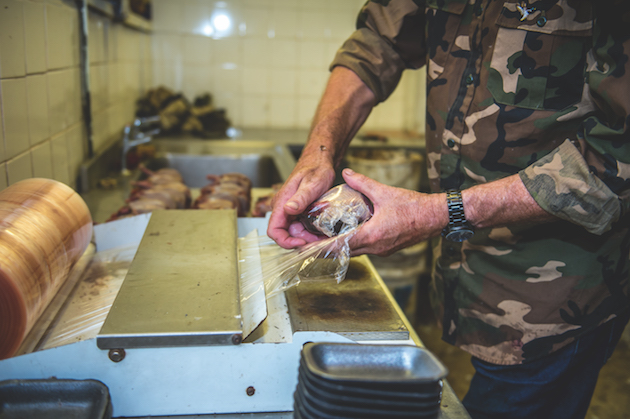
If you have a DSC1, you will need to do an additional course to sell small game, such as pigeons
Selling your game
The simplest route is to your game dealer, but as I have already explained the wholesale market that they operate in currently doesn’t allow them enough profit to be able to pay for your birds.
This season there have been many examples of shoots creating and finding small local markets. The starting point is the Guns themselves. Shoots that I have been on and spoken to have found that the Gun doesn’t really want an oven-ready bird but would prefer breast or thigh meat and in this format will take more.
Well presented
Six or eight well-presented game bird breasts in a nice packet are quite appealing and giving one to the Guns will distribute a good proportion of your bag. One shoot in Kent was offering the packets with noodles and a packet of cooking sauce in a little presentation box. This went down extremely well and Guns and beaters were buying extra packs on every day. The shoot made £1,250 profit from the sale of game this season. They also sold out every day and didn’t put a single bird to the game dealer — and it is not a small shoot either.
Other than Guns and beaters, the local community is a great place to sell your game, both oven-readies and packets of breast or thigh. The price point has to be right; it has to be well priced to encourage younger millennials to want to buy a packet from you and try it.
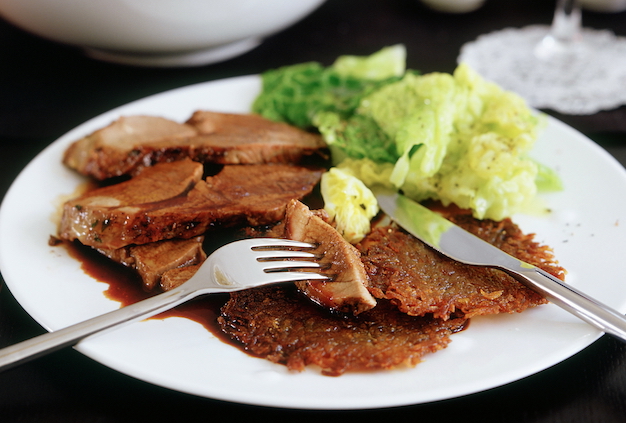
Someone who has enjoyed and eaten game meat at home is more likely to order it in a restaurant
WI coffee mornings
A shoot in Wiltshire has found that the local Women’s Institute coffee mornings, small village produce fairs and the local Salisbury market have all done really well for them.
Tom the keeper said: “We processed just over 5,000 birds this season and don’t have a single packet left. The demand from local people was really good and they kept coming back for more. We priced the meat keenly, making it cheaper than the chicken alternative. To get into the markets we simply emailed the organisers and asked for space. It was that easy and the birds flew out the door. We also feed our beaters and the Guns eat game here too on a shoot day. At the end of the season we processed around 5,000 birds and made a profit of £1,800.”
It is extra work for the keepers but the rewards are there to be seen. By selling game at a local farmers’ market to somebody who has never tried it before, you could be helping to increase game sales nationally. That person who has now eaten game and enjoyed it at home, when they next order in a restaurant they might choose pheasant or grouse which will have come from a game dealer.
The key for small and medium-sized shoots is to find that local market. Your game dealer will already be doing the “big stuff”, so concentrate on what you know locally and keep the price point keen. Stay within the law, produce a good-looking quality product and it will sell.
Related Articles
Get the latest news delivered direct to your door
Subscribe to Shooting Times & Country
Discover the ultimate companion for field sports enthusiasts with Shooting Times & Country Magazine, the UK’s leading weekly publication that has been at the forefront of shooting culture since 1882. Subscribers gain access to expert tips, comprehensive gear reviews, seasonal advice and a vibrant community of like-minded shooters.
Save on shop price when you subscribe with weekly issues featuring in-depth articles on gundog training, exclusive member offers and access to the digital back issue library. A Shooting Times & Country subscription is more than a magazine, don’t just read about the countryside; immerse yourself in its most authoritative and engaging publication.



